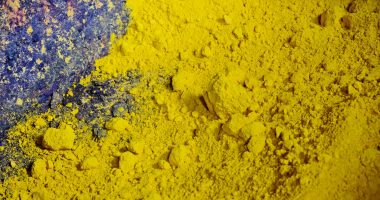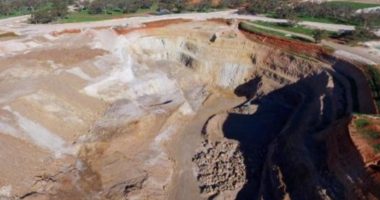The S&P500 has clocked six straight green sessions now, and just like that, financial markets have forgotten last week’s panic about the risk of a looming US recession. That fear has been largely assuaged, depending on who you ask, but Citi’s macro chief is still saying a recession is likely – Goldman Sachs’ disagrees.
Personally, I still find it strange markets freaked out last week to begin with, given the intended outcome of interest rate rises is to slow down an economy in the first place – which really means to manufacture a recessionary-type environment.
That would then imply an imminent cut, which would be good news, but markets didn’t feel that way last week. I’ve called interest rate hiking cycles “economic chemotherapy” before, and I stand by that claim.
All in all, people are still betting on at least one US Fed rate cut this year, and bets down under have once again climbed back up with a view to the RBA cutting rates this year. Whether or not the RBA will actually cut rates in CY2024 remains highly contested and we keep getting commentary from Australian central bank chiefs that it isn’t going to happen anytime soon, but still, the market continues to live in hope.
We can’t be far off – especially seeing as Seek’s earnings report this week confirmed job ads continue to track downwards. That said, the economy added 58,000 jobs last month in the latest data – and at the same time, money markets still predict a greater chance of an RBA rate cut. Consensus reality continues to become more confused.
Across the ditch, NZ introduced a surprise rate cut this week that surprised most economists. At the same time, that country is facing a recession, and so it perhaps isn’t too surprising.
Unfortunately, it’s unlikely the movements of the NZ economy will really echo into Australia in any meaningful way. Also worth considering is that country’s conservative government, but that would mean you need to flirt with the idea central banks aren’t independent. I’ll leave that one to the reader to opine on.
Finally, iron ore has hit a 14 month low on persistently lower Chinese demand, despite some positive data from the world’s second largest economy – retail sales picked up larger than expected, however, industrial production continues to fall (thus the dip in iron ore prices.)
Still, the Red Dragon posted the best inflation growth in recent history last week, so it’s not quite clear yet just what China’s rest-of-the-year will look like – but clearly, iron ore traders aren’t too confident.
Australian Economy
- Australia’s June wage growth had no nasty surprises but doesn’t scream rate cut
- Australia’s coal revival takes it to second highest emitter by export after Russia
Commodities
- BHP removes striking workers at Escondia, Chile – the world’s largest copper mine
- Gold remains near all-time-highs as Israel-Iran tension heats up
- Iron Ore hits 14 month low on weak Chinese demand despite some bright spots
Overseas Economies
- US inks slowest inflation growth since 2021
- Chinese banks record a dip in loans as businesses pull back borrowing
- China has recorded record foreign investment outflows as economy struggles
- UK inflation comes in slightly lower than expected at 2.2% vs 2.3% exp
- Citi macro chief says US recession is likely – contrasting Goldman Sachs boss
- US retail investors bought tech stocks, others during turbulence of Week 32








